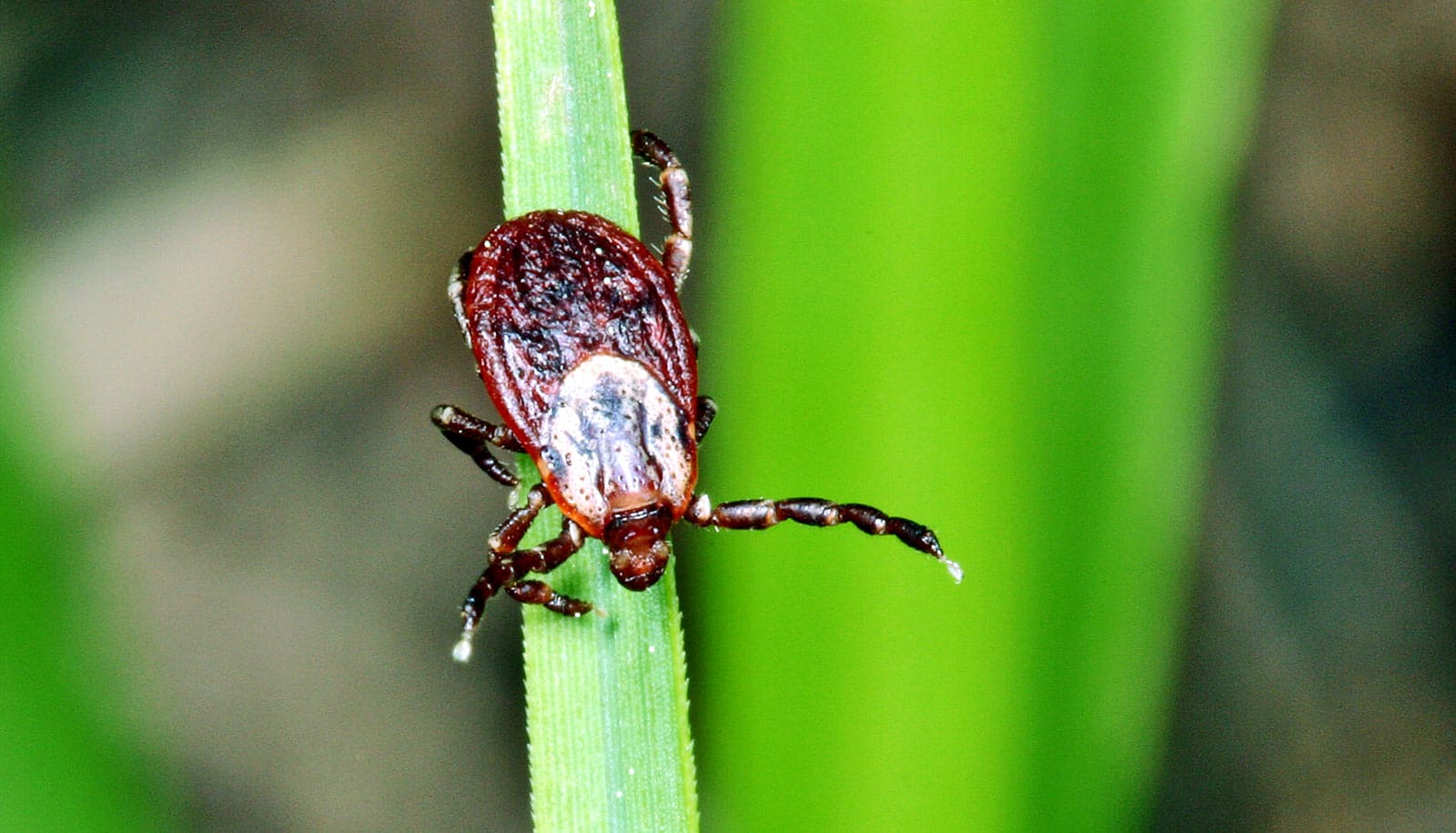Researchers have identified a promising new approach to treating persistent neurological symptoms associated with Lyme disease.
The method offers hope to patients who suffer from long-term effects of the bacterial infection, even after antibiotic treatment.
Lyme disease, caused by the bacterium Borrelia burgdorferi and transmitted through tick bites, can lead to a range of symptoms, including those affecting the central and peripheral nervous systems.
While antibiotics can effectively clear the infection in most cases, a subset of patients continues to experience symptoms such as memory loss, fatigue, and pain—a condition often referred to as post-treatment Lyme disease syndrome.
Principal investigator Geetha Parthasarathy, an assistant professor of microbiology and immunology at the Tulane National Primate Research Center, discovered that fibroblast growth factor receptor inhibitors, a type of drug previously studied in the context of cancer, can significantly reduce inflammation and cell death in brain and nerve tissue samples infected with Borrelia burgdorferi.
This discovery suggests that targeting FGFR pathways may offer an exciting new therapeutic approach to addressing persistent neuroinflammation in patients with post-treatment Lyme disease syndrome.
“Our findings open the door to new research approaches that can help us support patients suffering from the lasting effects of Lyme disease,” Parthasarathy says. “By focusing on the underlying inflammation that contributes to these symptoms, we hope to develop treatments that can improve the quality of life for those affected by this debilitating condition.”
For the study, published in Frontiers in Immunology, the researchers treated nerve tissue with live or inactivated Borrelia burgdorferi, followed by an application of FGFR inhibitors. Study results revealed a significant reduction in both inflammatory markers and of cell death.
While further research is needed to translate these findings into clinical treatments, the study represents an important step forward in understanding and potentially managing the complex aftermath of Lyme disease.
The Bay Area Lyme Foundation and resources from the Tulane National Primate Research Center base grant of the National Institutes of Health supported the work.
Source: Tulane University



